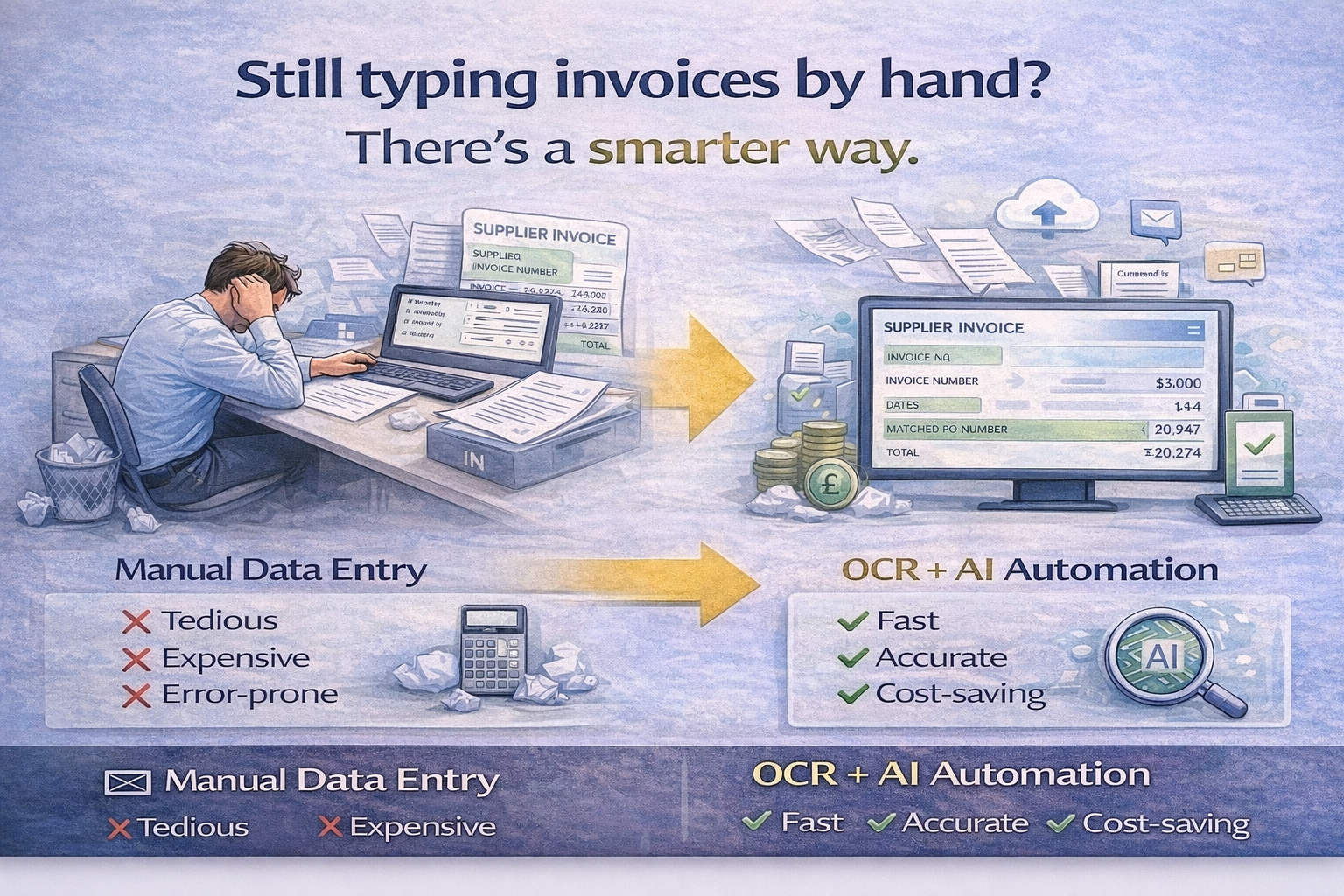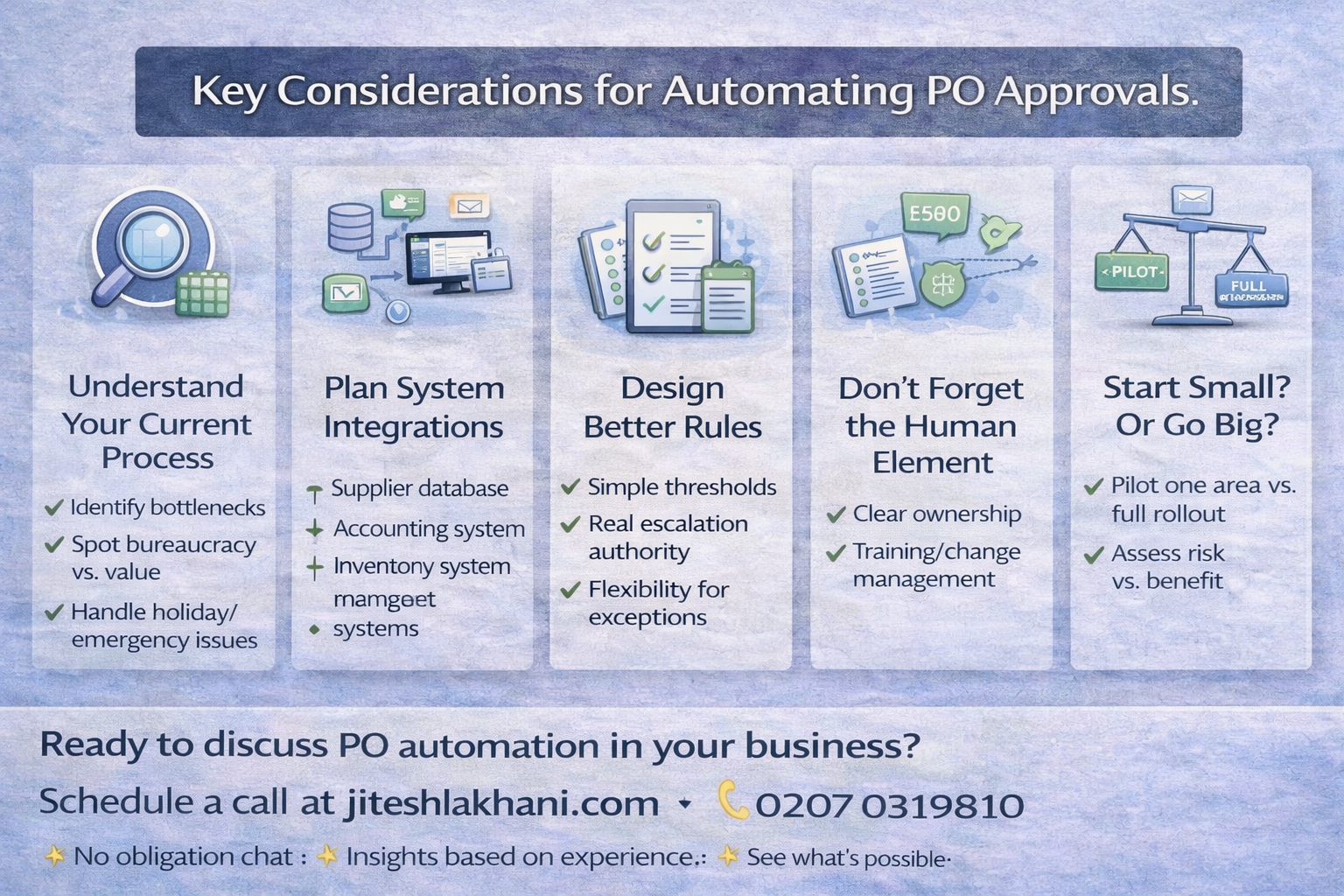
Why This Could Be a £2 Billion Mistake
However, the risks of failure are equally dramatic. Digital adoption expert WalkMe warns that without proper implementation, “the £2 billion will bring little to no economic benefit”.
The reality check: Many employees feel overwhelmed and unsupported by AI tools. If businesses can’t effectively deploy AI, government investment becomes irrelevant. The Government has always ignored small business in new technologies. How will they roll out the improvements to the majority.
The infrastructure bottleneck: The Open Data Institute identified significant weaknesses in the UK’s tech infrastructure that threaten predicted AI gains. Without addressing these fundamentals, even massive investment may fail to deliver.
The regulatory contradiction: The plan expects regulators to both protect against AI risks and actively promote AI development—potentially creating impossible tensions.
Reeves has acknowledged these challenges, stating: “Our investment in pioneering AI tools will make public services more efficient, more productive, and more focused on the user.” But critics worry she’s underestimating the implementation challenges.
The New Graduate Problem: When AI Replaces Learning Opportunities
Here’s a challenge the government hasn’t fully addressed: how do you develop AI talent when AI itself is eliminating traditional learning pathways?
The skills paradox: New graduates need hands-on experience with data analysis, research, and problem-solving. But AI now handles much of this foundational work better than beginners. Without these learning opportunities, how do we build the expertise needed to lead AI development?
The mentorship gap: Senior professionals, worried about AI replacing their own roles, become less willing to invest time training newcomers. This creates a knowledge transfer crisis just when it’s most critical.
The Chancellor’s dilemma: Reeves’s statement indicated that AI could and would replace some civil service jobs, aiming to cut 10,000 ‘back office’ positions, with the aim of unlocking £2 billion in savings by 2030. This creates an uncomfortable tension between promoting AI careers whilst simultaneously reducing employment opportunities.
The Bottom Line
Is the UK’s £2 billion AI investment represents either visionary leadership or expensive wishful thinking. The difference will come down to execution speed, skills development effectiveness, and the government’s ability to move faster than its traditionally sluggish pace.
Chancellor Reeves’ vision: As she put it when announcing the broader tech investment: “R&D funding to £22.6 billion annually by the end of the review period, a level not previously reached in British fiscal history.” But critics question whether throwing money at the problem addresses fundamental structural issues.
The window is narrow: As the Action Plan notes, “a small number of companies at the frontier of AI are set to wield outsized global influence”. Britain has perhaps 18-24 months to establish its position before the global AI hierarchy solidifies.
Your stake in this: Whether you’re in tech or not, this investment will reshape the UK economy. The question isn’t whether AI will transform Britain—it’s whether Britain will lead that transformation or be led by it.
The next two years will determine if this £2 billion gamble makes Britain an AI superpower or an expensive cautionary tale. As Rachel Reeves has staked her political reputation on this bet, we’ll all discover together whether her confidence is justified. Is the concern to follow her, forward to watch a U turn in 18 months?
What’s your take on the government’s AI strategy? Are we moving fast enough to compete globally, or throwing money at problems that need different solutions? Share your thoughts below.




